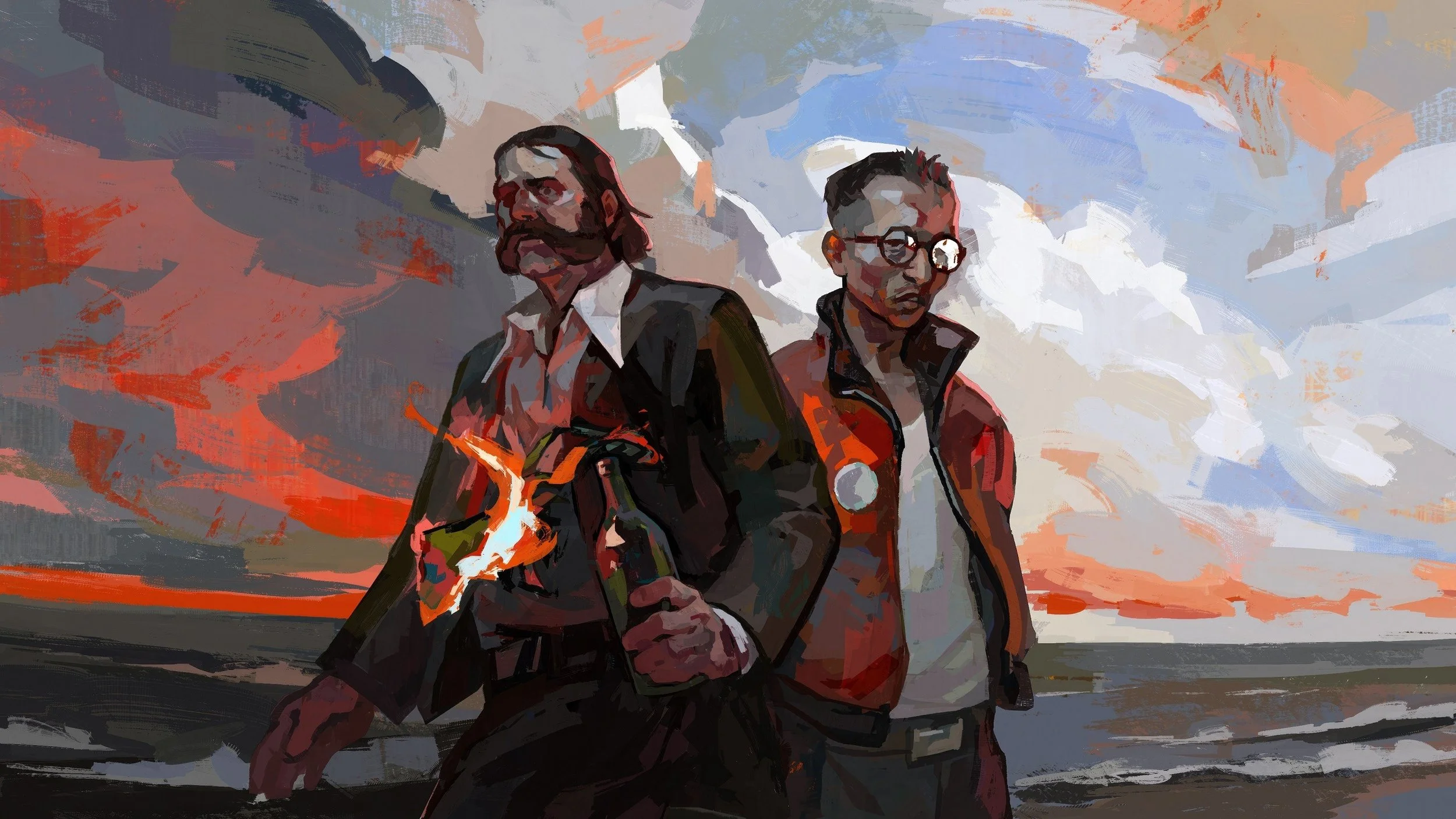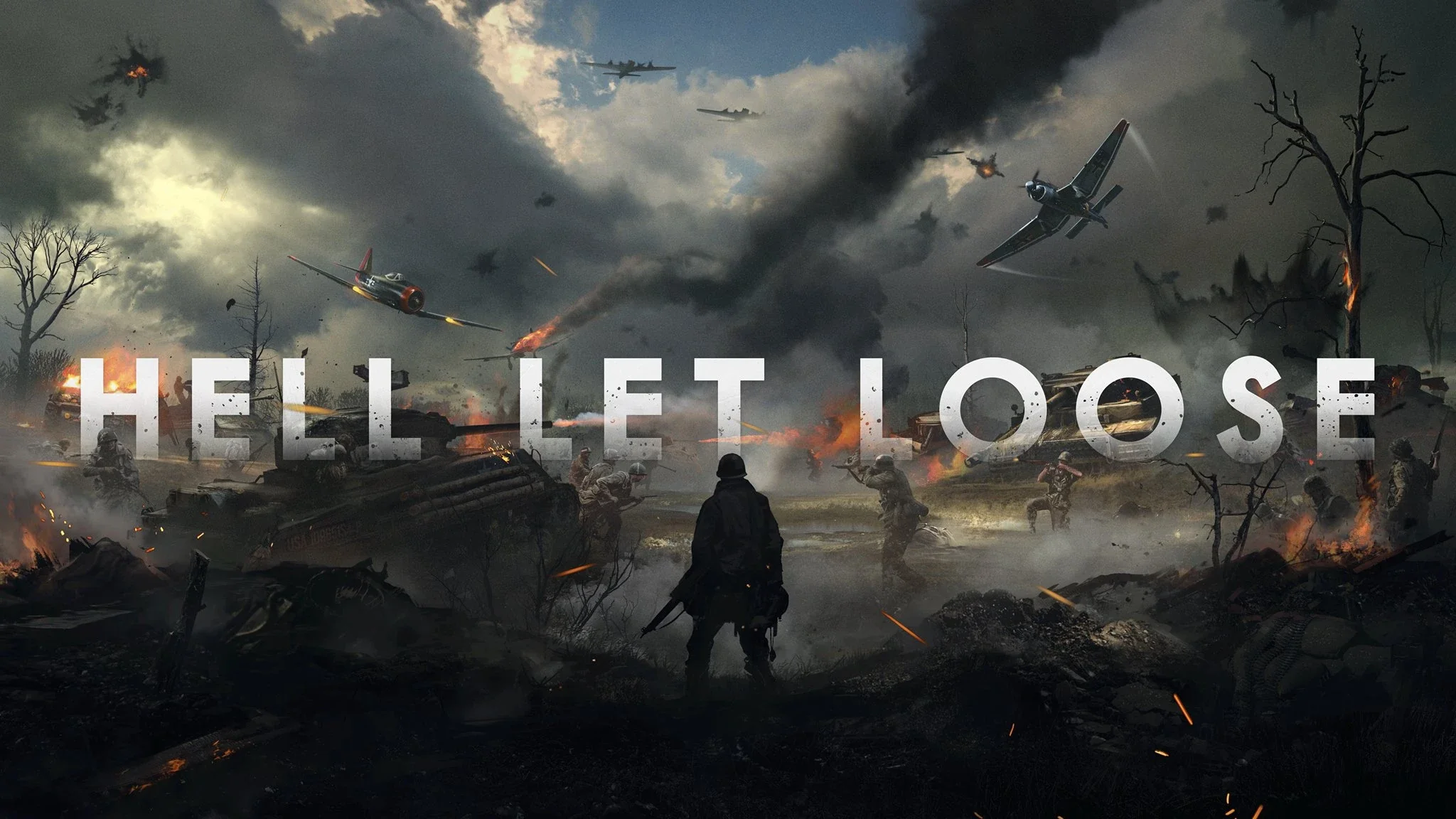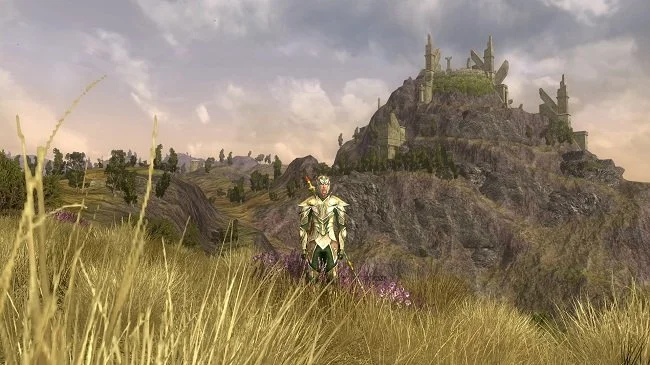Game Pricing
Okay let’s begin with a poncey quote “plus ça change, plus c'est la même chose” which usually translated as “the more things change, the more they stay the same”. So said French critic, journalist, and novelist, Jean-Baptiste Alphonse Karr in 1849. This epigram seems especially applicable to the gaming industry because I regularly see the same topics of debate coming up, year after year. It would appear that both developers and gamers seldom learning anything along the way. On this particular occasion, the point in question is that old chestnut about game pricing. This debate was brought to my attention by a post from a fellow blogger Wilhelm Arcturus. Here’s the tweet made recently by Michael Hartman, CEO of Frogdice, a company that makes mobile games that started the debate.
It would appear the gentlemen is somewhat frustrated by the intransigent nature of consumer spending. It’s a complaint I’m sure that’s common to most businesses. Trying to determine a price for your product that allows you to adequately cover your development costs and make a profit, yet at the same time is attractive to your customers, is very difficult. Joe public will often apply concepts such as value for money to one product, yet consciously overlook it in for another. The fickle nature of consumer behaviour, is a science in itself. Having spent a decade of my working life self-employed I appreciate the frustration associated with pricing, operating costs and trying to get customers to fully comprehend why things cost what they do.
However, having said that, this is where sympathy starts and stops. I understand and relate to the frustration of this tweet at a business level but I do not agree with the subsequent sentiment, tone or false equivalence of the argument. A percentage of any businesses customers will be “difficult”. It’s always been that way and probably will never change. There’s always someone who wants something for nothing or has a different perception of “value”. Criticising those that pay for your products is short-sighted at least and at worst crass. It comes across as entitled, puerile and as a text book example of biting the hand that feeds you.
For me the point of failure in Mr. Hartman’s argument is comparing a $5 latte to a $5 game. They are not comparable products and consumers motivations to buy both are radically different. A coffee bought from a chain outlet is a fixed product. The whole of the fast food industry is predicated on homogeny. A large Stoat and Chive, Guano free Latte bought from chain store is the same every time you purchase one. It guarantees a standard and so the customer knows exactly what they’re getting. Value for money is very much a personal state of mind and not subject to a universal standard. Peoples relationship with spending is also complex and hard to quantify. Being profligate with money and fiscal prudence are habits applicable to both rich and poor alike.
A game, be it is a mobile app or a triple A title, is effectively an unknown quantity. One can read reviews where available and watch live stream or You Tube videos but you can never be fully sure that you’re going to enjoy it until you’ve bought and played it. Unlike the latte this is not a fixed quantity but a proposition filled with variables. Plus, lattes are disposable pleasure bought on a whim or as a convenience. They are intended to satisfy a simplistic urge. A game is a far more complex purchase, being seen as something that will yield more than instant gratification. Therefore, its purchase will simply not be considered in the same arbitrary terms as buying a drink. Irrespective of whether the game is a budget item or a new release, it will be subject to the cost to fun ratio that most gamers use as a yardstick.
Michael Hartman subsequently tweeted that customer apathy towards paying a fair price, is why games are subject to season passes, DLC and microtransactions and that gamers should not complain about such business models. Again, from a purely logical standpoint there may be a degree of truth in his words but it is a school boy error to assume that your customers give a shit about your business problems. Your problems are exactly that. To hector your customers in such a fashion is again very short sighted. The most likely outcome is that the customer will find something else to do or purchase some other product. They may not get what they want but they’ll get something. Whereas the developer will have to endure a drop in sales and will have to deal with the consequences of that. Companies needs customer more than customer need them.
No one in business is entitled to any sort of grace and favour. You have to fight for every sale. Sometimes, bad products get an easy ride and sometimes worthy and good products get over looked. You have to fight your own corner and just deal with the consequences. I’m not obliged to go and see a movie just because the producers want to see a return on their investment. I’m not going to download an album just because the artists needs to clothe their children. If you want me to buy your product you have to ensure that its worth my while. Furthermore, you can do everything right and still fall flat of your face because customers can be dicks at time but that is their god given right. Come to terms with this and focus on doing your job, rather than carping that life ain’t fare. If you want a more level playing field then look for another line of work that’s more likely to yield one.




























